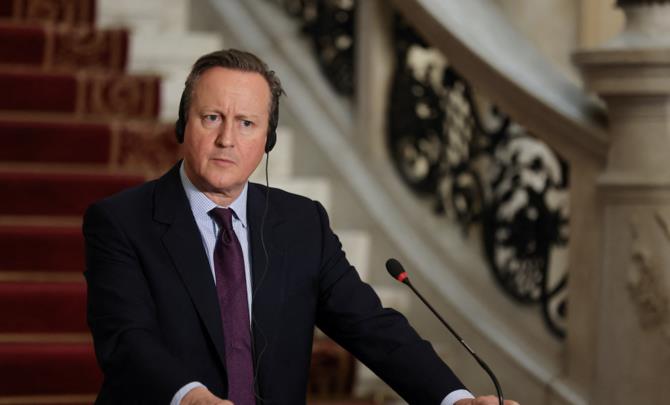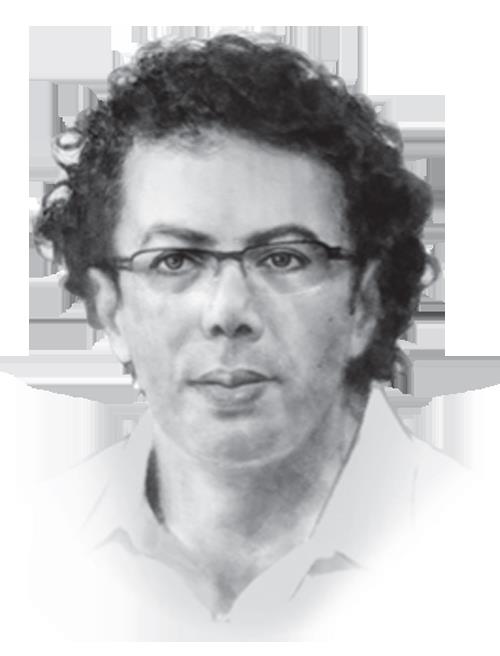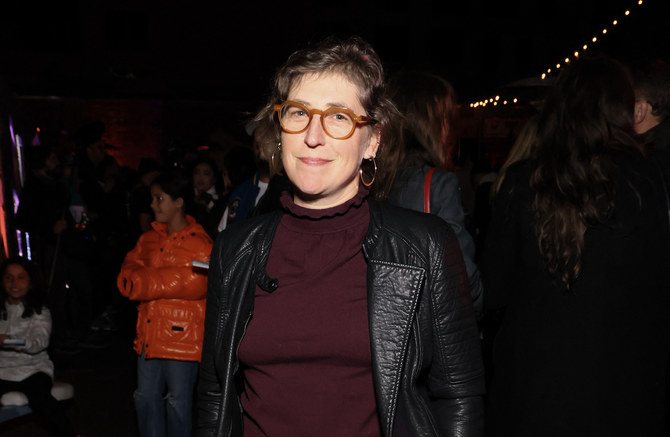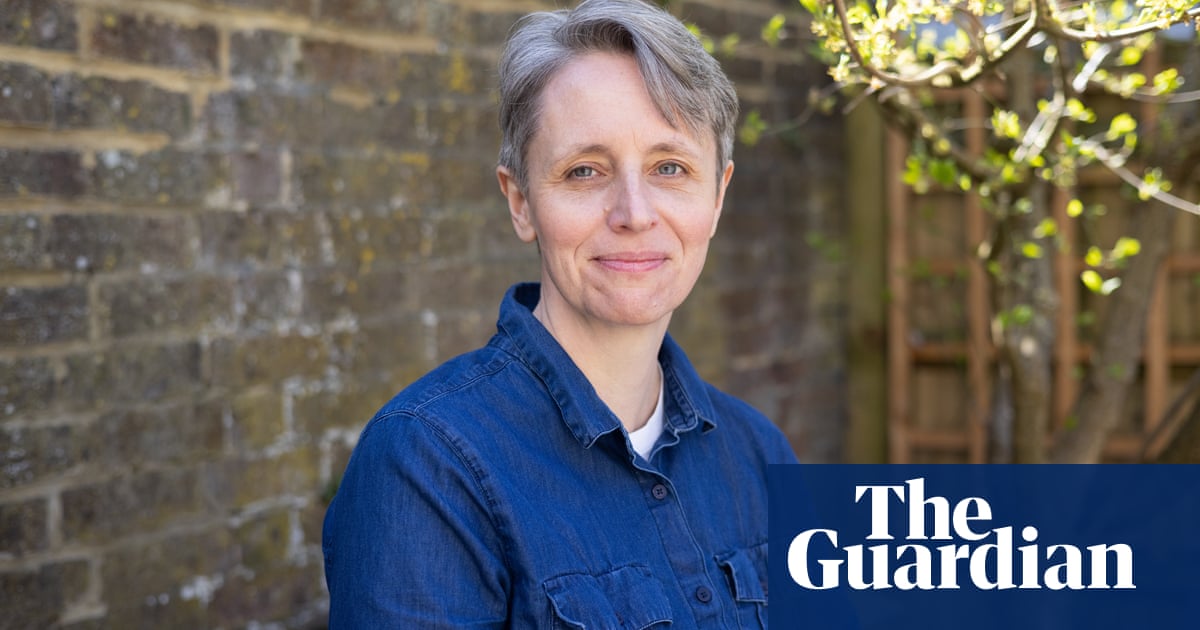
Israeli actress Natalie Portman is the definition of the moderate voice in the Israel-Palestine conflict. And she’s not alone.
Last week, Portman said she would not travel from the United States to Israel to accept the Genesis Prize, an annual award given to a Jewish person who has excelled in their field. Because of her refusal and her public criticism of the Israeli government’s policies, Portman has come under intense attack from Israeli politicians.
But, just because Israeli extremism violates the international rule of law and undermines the universal principles of human rights, that doesn’t mean all Israelis are bad.
Portman refused to travel to Israel to accept the prize, which is valued at $2 million, and explained in a statement that, while she does not support the BDS (Boycott, Divestment, Sanctions) movement, she also does not support the extremism that is plaguing her country of birth or the policies of the government of Prime Minister Benjamin Netanyahu.
Portman wrote on her Instagram account: “My decision not to attend the Genesis Prize ceremony has been mischaracterized by others. Let me speak for myself. I chose not to attend because I did not want to appear as endorsing Benjamin Netanyahu, who was to be giving a speech at the ceremony.
“By the same token, I am not part of the BDS movement and do not endorse it. Like many Israelis and Jews around the world, I can be critical of the leadership in Israel without wanting to boycott the entire nation. I treasure my Israeli friends and family, Israeli food, books, art, cinema, and dance. Israel was created exactly 70 years ago as a haven for refugees from the Holocaust. But the mistreatment of those suffering from today’s atrocities is simply not in line with my Jewish values. Because I care about Israel, I must stand up against violence, corruption, inequality, and abuse of power,” she added.
Portman represents the moral backbone of a powerful Israeli movement that, in the past two decades, has been pushed underground by Netanyahu’s growing influence in Israeli politics and society. It’s the reason I, and other moderate Palestinians, only partially support the BDS movement, which is in a tug-of-war between extremists and moderates within the Palestinian community.
Portman represents the moral backbone of a powerful Israeli movement that, in the past two decades, has been pushed underground by Netanyahu’s growing influence in Israeli politics and society.
Ray Hanania
For far too long, Palestinians have been the victims of extremism from within — a faction of fanatics who reject everything and would rather see their people continue to suffer rather than compromise with Israel.
There are two BDS movements, the one that screams emotionally against everything that is Israeli and Jewish, and the one that strategically targets the illegal Jewish-only settler movement that thrives on the confiscation of Palestinian Christian and Muslim rights in the Occupied Territories.
But the extremist BDS movement is the one that gets all of the headlines and generates all of the commotion. Palestinian emotions tend to empower the extremist BDS movement, meaning the moderate BDS movement that seeks to undermine Israeli fanatics like Netanyahu and the illegal settlements tends to be suppressed or even cast aside.
Portman, born in Jerusalem in 1981, is an acclaimed Hollywood actress who has dual citizenship as both an Israeli and an American. She is best known for winning the Academy Award for best actress in 2011 for her performance in “Black Swan.” Her moderate voice is not alone in the American entertainment industry. Another strong voice is that of actress and comedian Sarah Silverman, who denounced the abuse of Palestinian teenager Ahed Tamimi after the latter was arrested and detained by Israeli authorities when she, unarmed, “slapped” a heavily armed Israeli soldier. The incident took place as Israeli forces suppressed Palestinians protesting the expansion of Israeli settlements in Tamimi’s home village of Nabi Salih in the West Bank.
Silverman, who began her career as a writer for the long-running American TV comedy series Saturday Night Live, protested Tamimi’s arrest in a series of tweets, including one in which she told other American Jews and Israelis: “Jews have to stand up even when — especially when — the wrongdoing is by Jews/the Israeli government.”
Like Portman, Silverman came under attack from many Israeli activists and officials for standing up for Palestinian rights.
Portman and Silverman are only two of the growing number of influential American Jews and Israelis who are speaking out against the Israeli government’s extremism. They represent a movement that includes the courageous members of organizations like B’Tselem, the Israeli human rights organization that is one of the leading voices against Israeli atrocities, and other groups including the New Israel Fund and Americans for Peace Now.
Instead of boycotting Israel as a nation and as a people, Palestinians should narrow their BDS focus against Israeli extremism.
Some Palestinians assert that the movement for the two-state solution is dead. Of course, they have been fighting to kill it since it was first embraced in 1993 by the late Israeli Prime Minister Yitzhak Rabin and the late Palestinian President Yasser Arafat.
But just because those Palestinians scream and yell the loudest in the Palestinian community doesn’t mean we should listen to them. And just because someone is Israeli or Jewish doesn’t mean we should brand them as our enemies.
Ray Hanania is an award-winning Palestinian American columnist and the author of several books including “Yalla! Fight Back.” His personal website is www.Hanania.com. Twitter: @RayHanania












